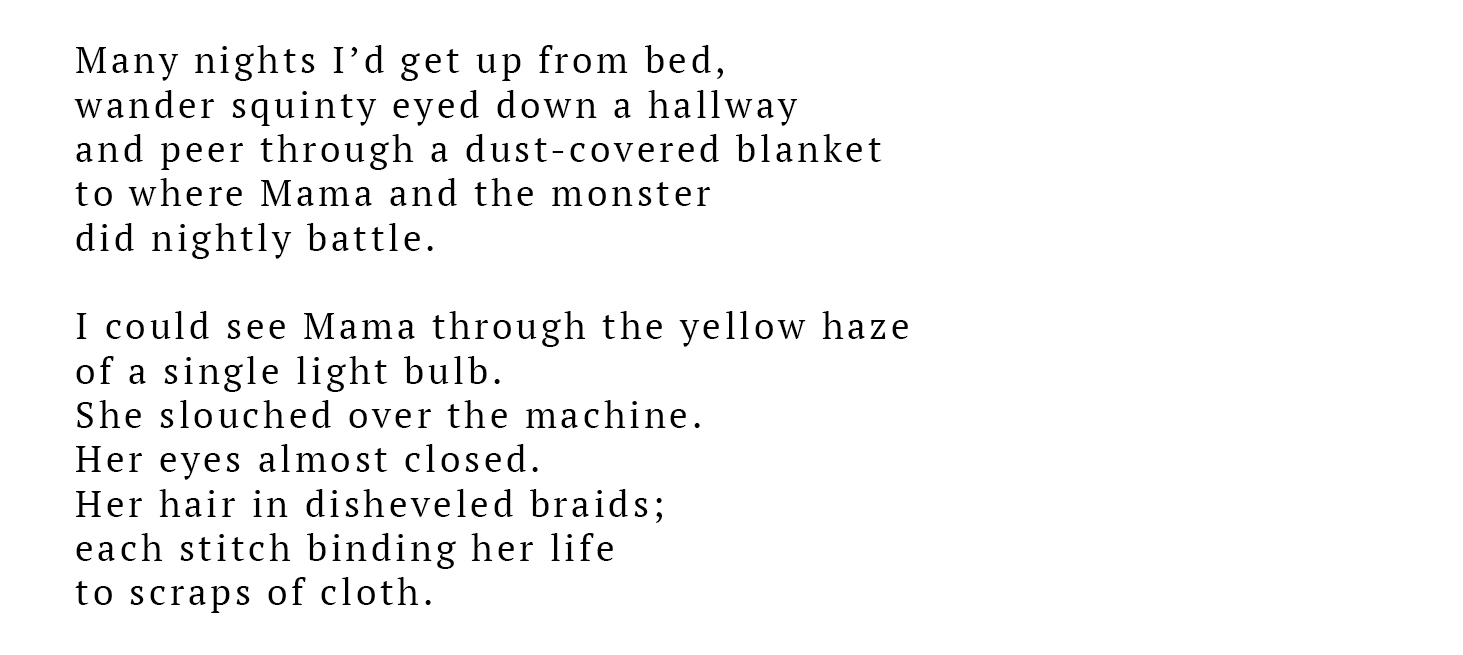<iframe title="vimeo-player" src="https://player.vimeo.com/video/830377849?h=a9d8738d09" width="640" height="360" frameborder="0" allowfullscreen></iframe>
You know what work is—if you’re
old enough to read this you know what
work is, although you may not do it.
– Philip Levine, What Work Is
In recent years, the media has turned its attention to the stories of ordinary working people. Farmworkers and grocery clerks who risked their lives to care for us and keep us fed during the height of the pandemic were briefly celebrated and deemed “essential.” Tales of their bravery were followed by headlines about the great resignation, as many quit their jobs or retired early. Of course, work has always been with us. It’s older than poetry, even, and central to who we are as a people and a country.
When I was 9, my mother declared it was time for me to work. At that age she had picked cotton in south Texas as an undocumented child. Child labor was common among Mexican migrants during most of the 20th century — and sadly persists today in factories and slaughterhouses. I ended up dragging a rusty lawn mower around the neighborhood to cut lawns for 25 cents. We lived in a poor Mexican community in the San Gabriel Valley with dirt roads, no sidewalks, chickens and goats in backyards. There weren’t “lawns” — there were dirt yards with patches of grass and weeds.
My parents were highly educated in Mexico — my father was a school principal and my mother his secretary. But they were never recognized for their credentials in the United States. Instead, my dad worked in factories, construction, selling Bibles and pots and pans, eventually retiring as a janitor. My mother served the super-exploitative garment industry, including doing piecework at home. I resented the industrial sewing machine that devoured so much of her time. In a poem I would write years later, in the eyes of a child narrator, the sewing machine became “The Monster.”:
As a teenager I worked in a car wash, a discount store, a warehouse; as a busboy in a Mexican restaurant or driving a school bus and a bobtail truck for a lamp factory. I married at age 20 when my girlfriend was two months out of high school. That same year, I got a job at the Bethlehem Steel Mill in southeast Los Angeles — rotating shifts, stretches of “graveyard,” and even 16-hour days called “double shifts.” I started there as an “oiler-greaser” on massive machines, forges and furnaces. The doors had finally opened for Blacks, Mexicans, Native Americans and women to enter the skilled trades, jobs previously held mostly by white men. I became a millwright doing heavy mechanical repairs and rigging.
I thought I had it made, sweating the big drops for the best pay and a union job.

No comments:
Post a Comment